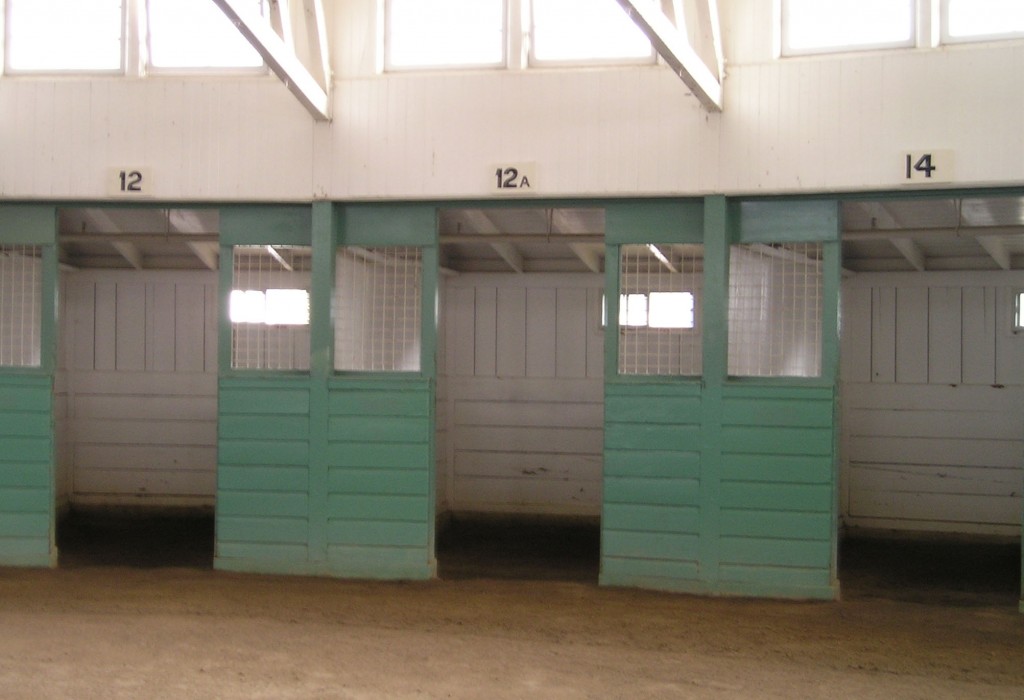Some very long words to be afraid of in today’s rummage through the back of Wikipedia’s cabinet of curiosities…
Triskaidekaphobia is a fear of the number 13 and avoidance to use it; it is a superstition and related to a specific fear of Friday the 13th, (called paraskevidekatriaphobia or friggatriskaidekaphobia after Frigg, the Norse goddess after whom Friday is named in English).
Some Christian traditions have it that at the Last Supper, Judas, the disciple who betrayed Jesus, was the 13th to sit at the table. However, the Bible itself says nothing about the order at which the Apostles sat. Also, the number 13 is not viewed as uniformly bad in the Judeo-Christian tradition. For example, the attributes of God (also called the Thirteen Attributes of Mercy) are enumerated in the Torah (Exodus 34:6–7). Some modern Christian churches also use 13 attributes of God in sermons.
Triskaidekaphobia may have also affected the Vikings: It is believed that Loki was the 13th god in the Norse pantheon—more specifically, Loki was believed to have engineered the murder of Balder and was the 13th guest to arrive at the funeral. This is perhaps related to the superstition that if 13 people gather, one of them will die in the following year. Another Norse tradition involves the myth of Norna-Gest: When the uninvited norns showed up at his birthday celebration (thus increasing the number of guests from ten to thirteen), they cursed the infant by magically binding his lifespan to that of a mystic candle they presented to him. Similarly, in the Grimm’s version of Sleeping Beauty, the wicked fairy is the thirteenth fairy.
Ancient Persians believed the twelve constellations in the Zodiac controlled the months of the year, and each ruled the earth for a thousand years, at the end of which the sky and earth collapsed in chaos. Therefore, the number is identified with chaos and the reason Persians leave their houses to avoid bad luck on the thirteenth day of the Persian Calendar, a tradition called Sizdah Bedar.
Vehicle registration plates in the Republic of Ireland are such that the first two digits represent the year of registration of the vehicle (i.e., 11 is a 2011 registered car, 12 is 2012, and so on). In 2012, there were concerns among members of the Society of the Irish Motor Industry (SIMI) that the prospect of having “13” registered vehicles might discourage motorists from buying new cars due to superstition surrounding the number thirteen, and that car sales and the motor industry (which was already ailing) would suffer as a result. The government, in consultation with SIMI, introduced a system whereby 2013 registered vehicles would have their registration plates age identifier string modified to read “131” for vehicles registered in the first six months of 2013 and “132” for those registered in the latter six months of the year. The main reason for this however, is to increase the number of car sales in the latter months of the year. Even though 70% of new cars are bought during the first four months of the year, some consumers believe that it doesn’t accurately reflect the real age of a new car, since cars bought in January will most likely have been manufactured the previous year, while those bought later in the year will be actually made in the same year. This system continued after 2013, with vehicles registered in the first half of 2014 labelled “141” rather than “14”.












Many hotels, at least in the US, skip from 12 to 14 when numbering their floors. (The rock and roll band “The Thirteenth Floor Elevators” alluded in its name to this practice.) I was interested to see that my son and his roommates move into an apartment on the 13th floor of their building, where the stayed for three years of college. I suppose that such superstitions are beneath a school founded in part by Benjamin Franklin.